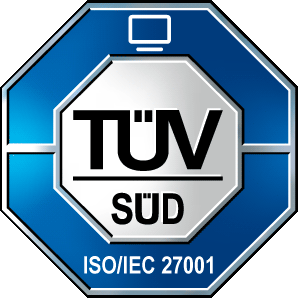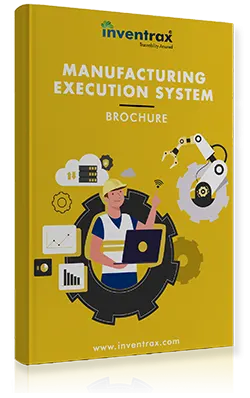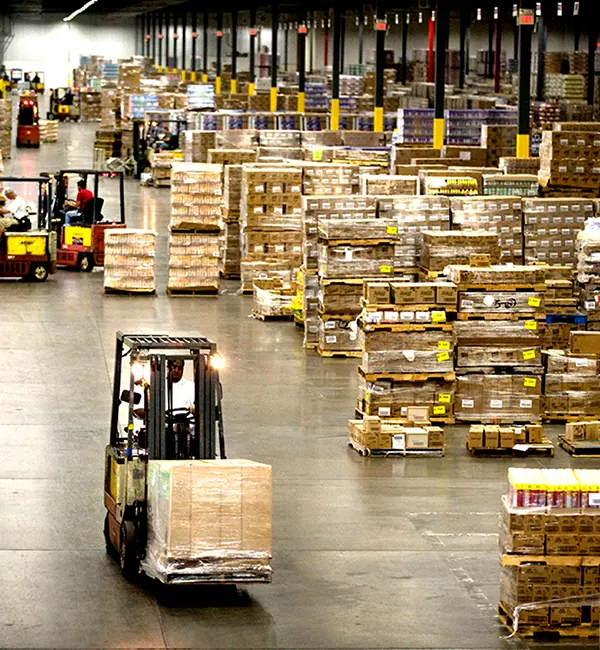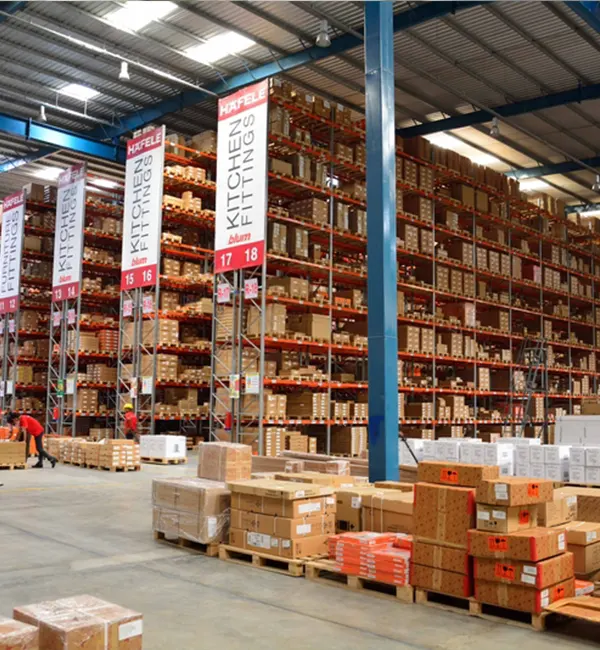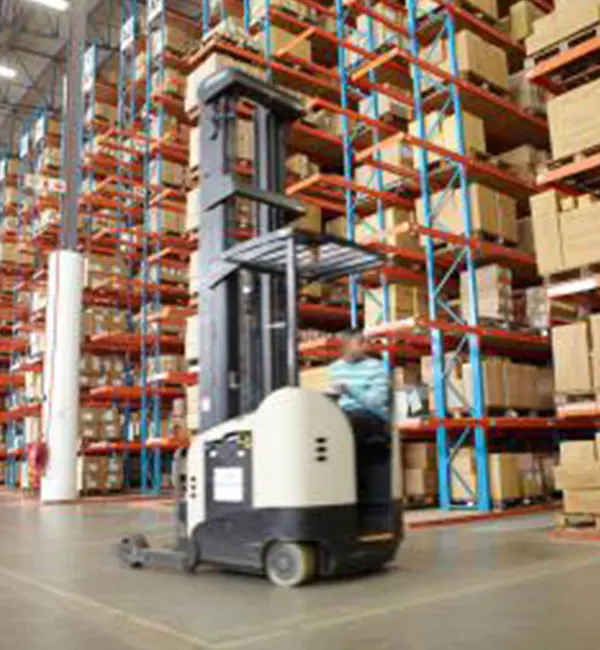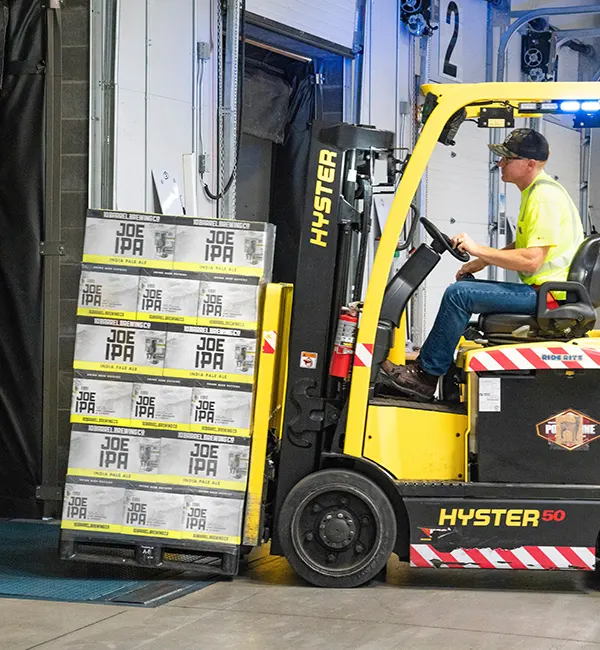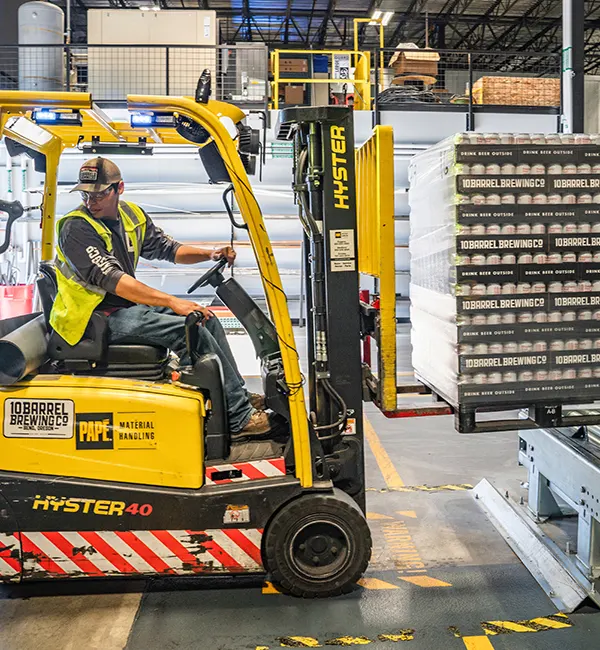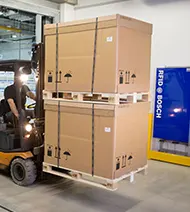In the rapidly evolving landscape of industrial production, Smart Manufacturing Platforms have emerged as game-changers, revolutionizing the way businesses operate and enhancing overall efficiency. This article explores the key components of these platforms and delves into the benefits they bring, with a particular focus on Smart Manufacturing Solutions, IoT in Manufacturing, Industry 4.0 Technology, and the role of a Digital Manufacturing Platform.
Understanding Smart Manufacturing Platforms
Smart Manufacturing goes beyond traditional manufacturing practices by integrating cutting-edge technologies to streamline processes, improve decision-making, and enhance productivity. At the heart of this transformation lies the Smart Manufacturing Platform – a comprehensive ecosystem designed to facilitate seamless communication, data exchange, and intelligent decision-making.
Key Components
1. IoT in Manufacturing
One of the cornerstones of Smart Manufacturing Platforms is the integration of the Internet of Things (IoT) in manufacturing processes. This involves embedding sensors and actuators in machinery and equipment, creating a network that enables real-time monitoring and data collection. The data generated by these devices is then analyzed to provide insights into operational efficiency, maintenance needs, and overall performance.
The implementation of IoT in manufacturing allows for predictive maintenance, minimizing downtime by identifying potential issues before they escalate. This proactive approach not only reduces costs associated with unplanned outages but also extends the lifespan of equipment, optimizing resource utilization.
2. Industry 4.0 Technology
Industry 4.0, the fourth industrial revolution, plays a pivotal role in the evolution of Smart Manufacturing Platforms. This paradigm shift involves the integration of advanced technologies such as artificial intelligence, machine learning, and big data analytics. These technologies work in synergy to create intelligent, self-optimizing systems that can adapt to changing conditions in real-time.
By leveraging Industry 4.0 technology, manufacturers can achieve unprecedented levels of automation and connectivity. Machines communicate with each other, make autonomous decisions, and continuously improve their performance based on data feedback. This not only boosts efficiency but also enables a more agile and responsive production environment.
3. Smart Manufacturing Solutions
Smart Manufacturing Platforms offer a range of smart manufacturing solutions tailored to address specific challenges faced by different industries. These solutions encompass a spectrum of functionalities, including data analytics, predictive maintenance, supply chain optimization, and quality control.
For instance, predictive analytics algorithms can analyze historical data to predict equipment failures, enabling proactive maintenance. Supply chain optimization modules can enhance logistics and inventory management, ensuring a smooth flow of materials throughout the production process. These smart manufacturing solutions contribute to overall efficiency gains, cost reduction, and improved product quality.
4. Digital Manufacturing Platform
A Digital Manufacturing Platform serves as the central nervous system of the Smart Manufacturing ecosystem. It acts as a unified interface, connecting disparate systems and devices, and facilitating seamless data flow. This platform integrates with existing enterprise resource planning (ERP) systems, production planning tools, and other software solutions to create a cohesive and interconnected manufacturing environment.
The Digital Manufacturing Platform enables real-time visibility into the entire production process. Decision-makers can access critical information, monitor key performance indicators, and make data-driven decisions to optimize production efficiency. This level of connectivity and visibility is crucial for achieving the full potential of Smart Manufacturing Platforms.
Benefits of Smart Manufacturing Platforms
1. Improved Efficiency
The primary goal of implementing a Smart Manufacturing Platform is to enhance efficiency across all facets of the production process. The integration of IoT in manufacturing allows for real-time monitoring, minimizing delays and disruptions. Predictive maintenance ensures that equipment operates at peak performance, reducing downtime and improving overall equipment effectiveness (OEE).
Industry 4.0 technology introduces adaptive and self-optimizing systems, enabling continuous process improvement. The data-driven insights provided by smart manufacturing solutions empower decision-makers to identify bottlenecks, optimize workflows, and make informed decisions to drive efficiency gains.
2. Cost Reduction
Smart Manufacturing Platforms contribute significantly to cost reduction through various mechanisms. Predictive maintenance minimizes unplanned downtime, preventing costly disruptions to production schedules. Supply chain optimization reduces excess inventory and improves logistics, leading to cost savings.
The overall automation and connectivity afforded by Industry 4.0 technology streamline processes, reducing manual intervention and associated labor costs.
3. Enhanced Quality Control
Quality control is a critical aspect of manufacturing, and Smart Manufacturing Platforms excel in this area. Real-time monitoring and data analytics enable early detection of defects or deviations from quality standards. This proactive approach allows manufacturers to address issues before they escalate, ensuring that only high-quality products reach the market.
4. Agility and Innovation
The agility of Smart Manufacturing Platforms enables manufacturers to respond rapidly to market changes and customer demands. The adaptability provided by Industry 4.0 technology allows for quick reconfiguration of production lines and the introduction of new products. This flexibility is crucial in today’s dynamic business environment, where innovation and responsiveness are key to staying competitive.
Future Trends and Considerations
As the manufacturing landscape continues to evolve, several trends are shaping the future of Smart Manufacturing Platforms:
1. Integration of Artificial Intelligence (AI)
The integration of artificial intelligence is poised to take Smart Manufacturing Platforms to the next level. AI algorithms can analyze vast amounts of data to uncover patterns, optimize processes, and make predictions. This level of intelligence enhances decision-making capabilities and contributes to even greater efficiency gains.
2. Cybersecurity in Smart Manufacturing
With increased connectivity comes an elevated risk of cybersecurity threats. As Smart Manufacturing Platforms become more interconnected, manufacturers must prioritize cybersecurity measures to safeguard sensitive data and ensure the reliability of their production processes.
3. Continued Evolution of Industry Standards
The evolution of Smart Manufacturing Platforms is closely tied to the development of industry standards. As these standards mature, interoperability between different systems and devices will improve, facilitating seamless collaboration and data exchange across the manufacturing ecosystem.
4. Sustainability and Green Manufacturing
Smart Manufacturing Platforms are expected to play a crucial role in promoting sustainability in manufacturing. Through data-driven insights, manufacturers can identify opportunities to optimize energy usage, reduce waste, and adopt more eco-friendly practices.
Conclusion
In conclusion, the adoption of Smart Manufacturing Platforms is a strategic imperative for manufacturers looking to thrive in today’s competitive landscape. The integration of IoT in manufacturing, Industry 4.0 technology, smart manufacturing solutions, and a robust Digital Manufacturing Platform unlocks unprecedented levels of efficiency, cost reduction, and innovation.
As we look to the future, the continued evolution of these platforms, along with emerging trends such as AI integration and a focus on sustainability, will further enhance their capabilities. Manufacturers must embrace this transformative journey to stay ahead in the ever-changing world of smart manufacturing. The era of innovation and efficiency beckons, and Smart Manufacturing Platforms are leading the way.


